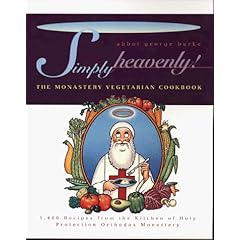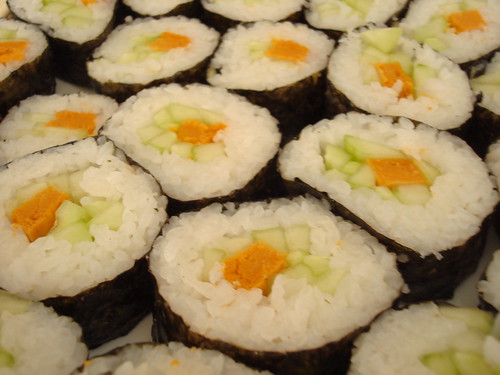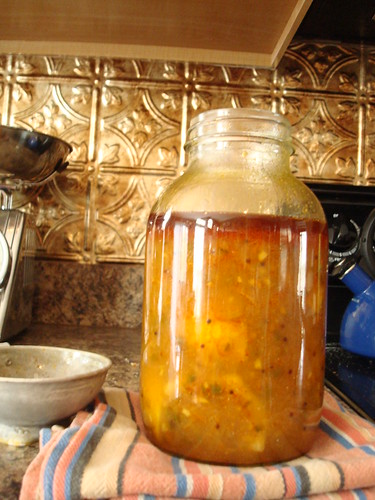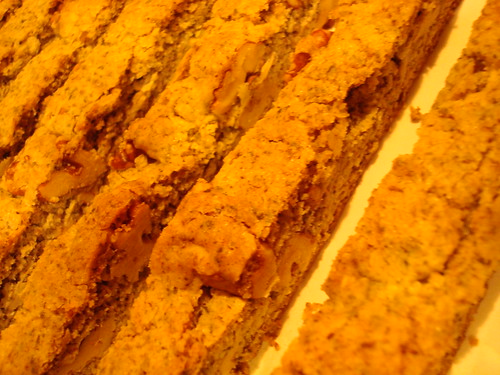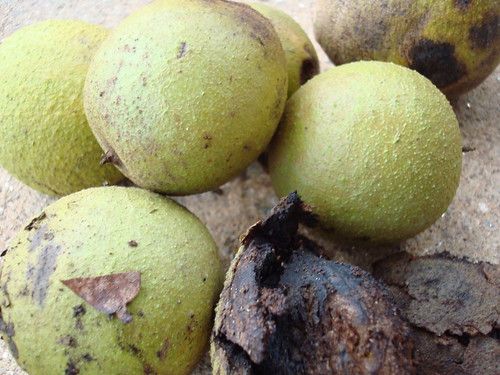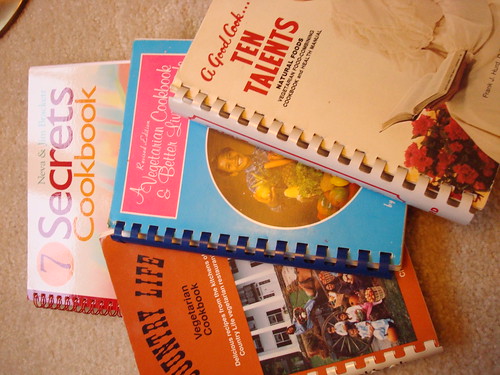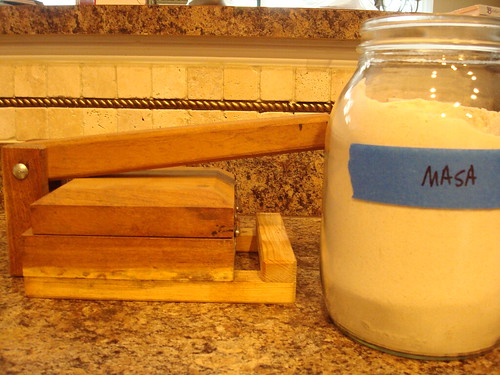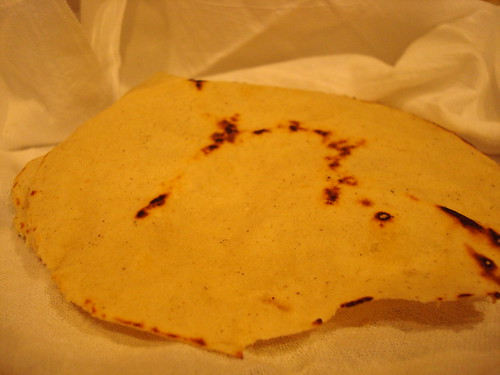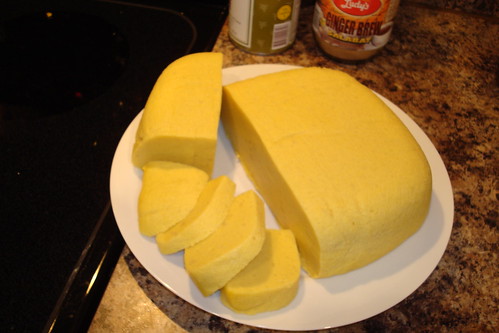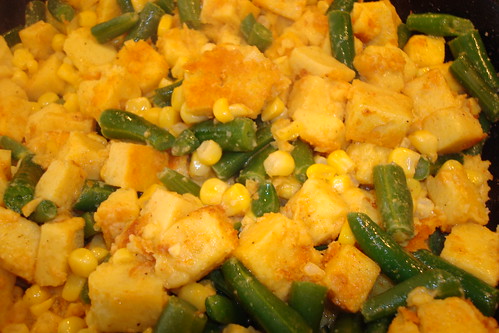The Vegan Month of Food is here. I will post as often as I can, and I look forward to reading everyone else's contributions across the blogosphere.
When I am home alone for a few days, I cook with ingredients (e.g., lima beans and turnips) that are, ahem, under-appreciated by the rest of the household. Thus, last night, I reached for one of my first vegan cookbooks,
Moistly Vegan by Liz Flanigen, self-published here in Nashville in 1994. The odd title refers to the fact that she's big on soaking, sprouting, and the like.
I transitioned to a vegetarian diet, with the predictable bumps along the way, when I went away to college in 1987. Over the next few years, I became aware that the motivations behind my vegetarianism - doing what is best for the animals, the earth, and my health - would make me vegan, if I was consistent. (If this is new to you, I suggest reading Will Tuttle's
World Peace Diet, and, for the health perspective,
any of Neal Barnard's books.) I tried going vegan for the first time in the very early 90s. There was no internet to speak of. Information and support were hard to come by, and the conventional grocery store did not carry many of the helpful products which are common today. I was making soy milk from powder, I had no idea how to cook tofu, and let's allow my ill-conceived spirulina experiments to remain forgotten. End result: I spent many years going back and forth, with gradual changes and failed attempts, before finally going vegan, no-way-back.
In 1994, I found Liz Flanigen's book, soon after it was published. Her recipes are more restrictive than my usual approach. For instance, she's not big on salt or fat or members of the nightshade family. However, the recipes are very straightforward, calling for a small number of ingredients. (This was especially good for a poor grad student!) From her, I learned how to make simple milks from nuts and seeds, which were much better than my powdered soy milk. I don't think the book was ever distributed beyond the Nashville area, and it has been out of print for years. I don't know where Liz is today, but I hope she won't mind if I share a couple of recipes with y'all:
Lima Bean Salad1 10 oz box frozen baby limas, steamed 10-15 minutes
3 T olive oil
pinch of thyme
pinch of tarragon
1/4 cup diced green or red bell pepper
1/4 cup diced onion
1 head of leaf lettuce
Combine limas, oil, herbs (fresh herbs are great if you have them), pepper and onion. Serve on a lettuce leaf. I usually junk this up with some salt, but I discovered last night that a sprinkling of dulse flakes (thanks,
L) is a great salty addition to the salad.
Turnip & Collards Soup1 quart water
1 T. molasses
5 - 8 collard leaves, chopped
1 medium turnip, chopped
1/2 t. extra virgin olive oil
cayenne pepper to taste
1 t. flax seed (she doesn't say, but I always grind the flax seed)
Bring the water to a boil, and dissolve the molasses. Add turnips and collards, and cook 15 minutes or so, until tender.
This makes enough for 2 servings. In each bowl, put 1/4 t olive oil, a good dash of cayenne, and 1/2 t flax seed. Pour the soup into the bowls. I think this dish needs something salty, too - sorry Liz. Sea salt, dulse, or tamari would work, but this is one of the few recipes where I prefer
Bragg's Liquid Aminos. The milder flavor of Bragg's blends nicely into the background.
Liz, if you see this post, thanks for your inspiration, and I hope you will consider a 2nd edition someday!






